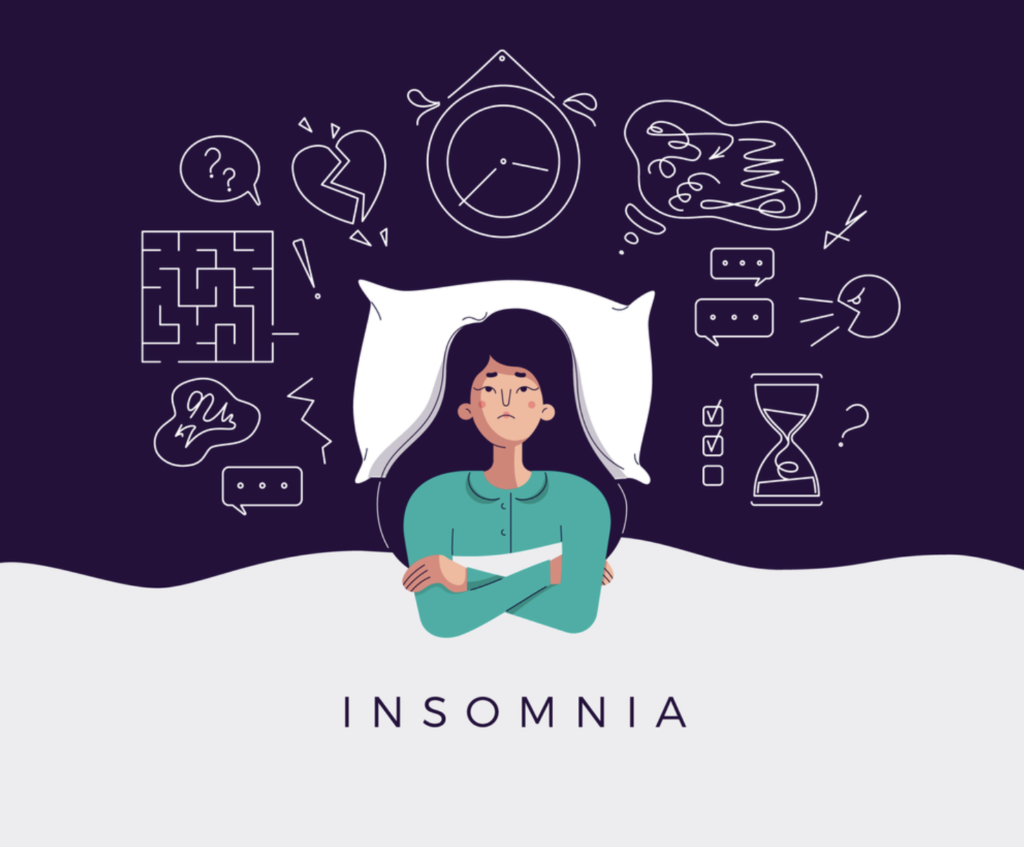👉🏻 Sleep disorders are one of the most common complaints the clinician will encounter in daily practice. Sleep disturbances are, in most cases, complex issues and are not simply due to stress.
📌 TCM thinking about insomnia
Chinese medicine does not consider all cases of insomnia to fall under one umbrella, which allows the individual patient to be treated more effectively based on their particular presentation.
❤️ The primary reasons that I often see in my patient’s cause of insomnia may develop include:
Emotional – extreme emotions, such as anger, anxiety, or shock, cause Liver Qi stagnation.
Those suffering from Liver Qi stagnation also feel irritable, tense, and
tired during the day. They’ll often consistently wake up at 1- 3 am – when
Liver energy is dominant. It is common among those who struggle with
Premenstrual Syndrome (PMS).
❤️ Body Physical Agitation – physically restless and overheated sleeper. In TCM, the body is not just affected by room temperature. Sleep quality is often affected by a person’s internal body’s Heatiness; This refers to Heat accumulated in the body due to lifestyle and diet influences, such as overeating spicy food and not drinking enough water.
❤️ Insomnia worsens with age –
Some of us experience poorer sleep quality, such as waking up earlier or more often as we age. It happens because our body produces lesser growth hormone as we age, resulting in lesser melatonin and more disrupted sleep cycles.
❤️ Your gut affects your sleep – Research has suggested that the bacteria in our gut may also be able to influence the quality of our sleep directly. The findings indicated that prebiotics helps improve REM and non-REM sleep, covering all the different stages of sleep that we need to feel adequately rested.
📍 In TCM, we explore physical and lifestyle factors to identify the root cause of insomnia and then design a treatment plan to help patients. These are the most common problems I see in clinical practice. Giving a patient Melatonin, kava, or valerian root will not address the underlying root syndromes. We must remember this when managing sleep disturbances and consider the root and the branch of such issues.

